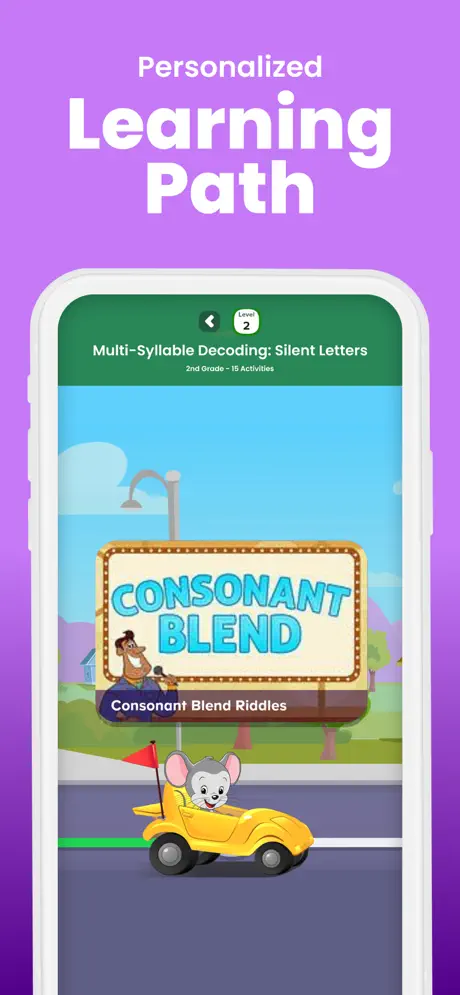As we move ahead in time, we experience toddlers living a gamified childhood rather than the raw and instinctive playtime that once was the core essence of early development. Remember the time when we used to engage toddlers with just building blocks or toy cars? Well, it’s not really the same anymore. Today, many toddlers can swipe across a phone screen even before they have learnt to speak a single word. Some are even more used to technology than most fully-grown adults. With the constant rise of online toddler games, many parents find themselves with the question: Are online mobile games really replacing traditional games? Or is this just a new phase in how toddlers learn and play?

From Action Figures To Apps: How Early Development Has Evolved?
Action figures, building blocks, adventure tents, playdough sets, and toy cars were considered staples in everyone’s early childhood development. They used to promote fine motor skills, imagination, and social play.
However, the current parenting toolbox has been crowded with digital and screen-based equipment, namely, toddler learning apps. These apps have games that are tailored to the age of the toddler and are aimed at teaching them about the alphabet, shapes, colours and even emotional awareness. Lots of learning apps give 2-year-olds toddler games that are both entertaining and have a clear learning objective, using fun animations.
So, are these online games for toddlers truly replacing the physical stuff? Not entirely, but they are definitely changing the landscape of early childhood learning.
Pros Of Toddler Learning Apps
Practically speaking, we can’t completely get rid of screens from our lives. The sooner we admit that screens are a part of our daily lives, the better it is for us.
Children tend to adopt the habits of their parents or those with whom they spend more time. Therefore, toddler learning apps can provide:
- Interactive Experience: Online learning or gaming apps for toddlers often include tapping, dragging, matching, or repeating. This, unlike passive screen time, encourages cognitive engagement in kids.
- Custom Features: Each child has a different way of learning. Apps give toddlers a chance to repeat actions as many times as they desire, and that is why they are very good self-paced learning tools.
- Play Everywhere, anytime: Games on mobile devices can be a lifesaver for busy parents when they’re in a restaurant or waiting room.
Age-appropriate online game apps or educational apps can instil foundational skills in Toddler games for 2 year olds, who are just beginning to explore patterns, sounds, and language, can instil foundational skills in them. And, this is done in a way that feels like play, not pressure.
Surely, a toddler learning app can have multiple pros and advantages, but there are certain timeless features of the original early learning experience that nothing can ever replicate:
- Tactile Experiences: Apps can’t simulate the sensory experience of squishing playdough, stacking wooden blocks, or running toy cars across the floor.
- Imaginative Play: Traditional toys usually allow creative play. As an example, a cardboard box is turned into a spaceship, a teddy bear is turned into a doctor, etc.
- Social Interaction: Playing with toys in a group will promote sharing, turn-taking and empathy. These are important emotional competencies that cannot be completely replicated on the screens.
The best kind of early toddler learning and development happens through a healthy integration of both screen-time as well and offline traditional activities. Use toddler learning apps to supplement what your child is already learning through physical play, reading, or social interaction. They’re really more of a resource rather than a risk to early childhood development. Used well, they can actually make the learning journey better, not worse.